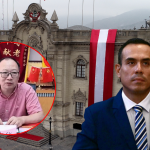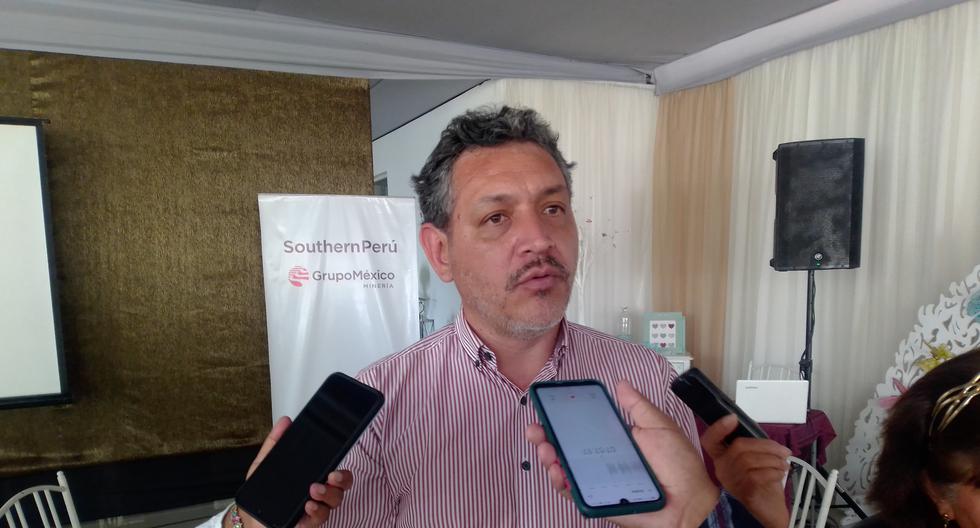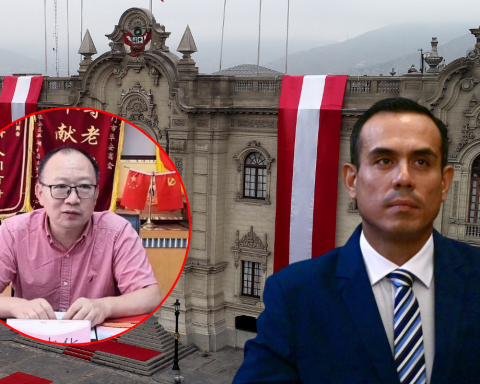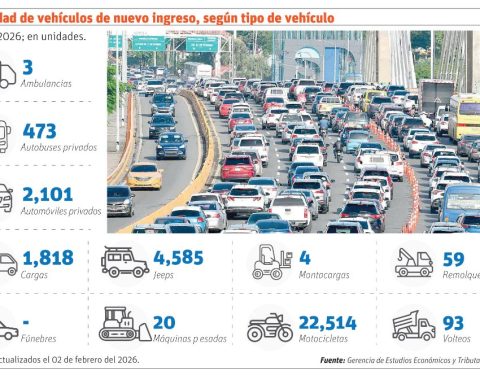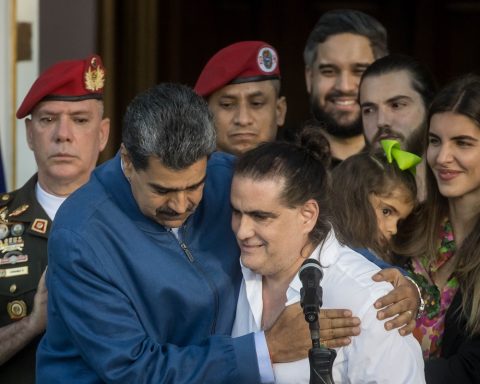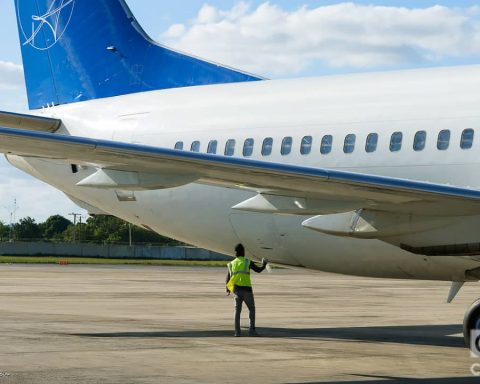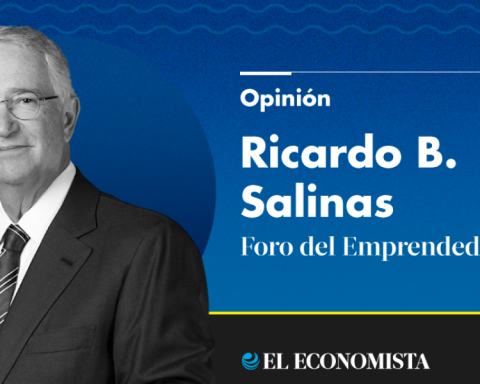The FIFA president charges against the criticism of Qatar and points out that in the West the human rights demanded of the Arab country were not always respected
With just over 24 hours to go before the first match of the World Cup in Qatar, FIFA president Gianni Infantino called on the media this Saturday to charge against criticism of the handling of human rights in the organizing country. Infantino stressed on several occasions that Western countries, and Europe in particular, would have to look at themselves before daring to criticize Qatar: “Europe should apologize for the last 300 years before giving moral lessons,” he said. And in reference to the concern for the conditions of immigrant workers in the country, another broadside: “This one-sided moral lesson is just hypocrisy,” he complained. “If someone believes that only by criticizing we will get something out, it will be the opposite. Because it’s a provocation,” he said of the references to gay rights.
This idea that the West should not criticize countries like Qatar where homosexuality is considered a crime, since that part of the world went through similar times decades ago, was the main thread of a speech that lasted almost three-quarters of an hour before allowing the first Question. The FIFA president began his intervention with a calculated statement that tried to defuse the main lines of criticism of the World Cup being held in Qatar: “Today I have very intense feelings. Today I feel Qatari, today I feel Arab, today I feel African, today I feel gay, today I feel disabled, today I feel like a migrant worker,” he began reciting with intense theatrical pauses between each sentiment.
It was the beginning of a performance that ended almost two hours later by FIFA communication director, Bryan Swanson, with the final gesture to wrap up his boss in the face of criticism for not doing enough for gay rights: “I’m sitting here in a privileged position on a global stage as a gay man in Qatar. We have received guarantees that everyone is welcome and I believe that everyone will be welcome at this World Cup,” he said. “Just because Infantino isn’t gay doesn’t mean he doesn’t care,” he added. Saying all this, they both got up and left the auditorium.
The cool part of Infantino’s intervention had that sentimental tone with which he tried to defuse criticism, even resorting to his childhood. He assured that those days, in which he suffered bullying by a foreigner, redhead and freckled, have helped him understand the suffering of those groups of people like the ones he said he felt. “I feel all this, because I have been seeing it, and from what they have told me, because I do not read. And what I have seen takes me back to my personal history. I am the son of immigrant workers. My parents worked very hard in very difficult conditions; not in Qatar, in Switzerland, ”he recounted. “And I’m not 150 years old. I remember, as a child, how immigrant workers were treated when they wanted to enter the country. Passports, medical check-ups, recommendations. And when I came to Doha the first time after I was elected FIFA president, I went to see where these workers lived, and I told the people of Qatar: ‘This is not right, we have to do something.’ And just as Switzerland has become a place of tolerance and inclusion, with rights, Qatar has made progress too.”
So, he launched into criticizing Western companies that do business in the area without questioning the conditions of immigrant workers: “Who really cares about workers? To FIFA, to football, to the World Cup. And, to be fair, to Qatar.” Infantino, who boasted of not paying attention to what the media publishes (“they tell me”), complained on several occasions that the media did not talk about progress in labor legislation in the host country: issues such as the abolition of the semi-slavery known as kafala, or improved heat protection measures. “Why don’t we do this in Europe and do something better for a lot of people?” he cried.
Infantino pointed to the value of what the host country has offered foreign workers over the years, during which, according to various rights organizations, thousands of workers died in the construction of stadiums. “Qatar is offering hundreds of thousands of immigrants the chance to earn 10 times more here, and to go back to their countries and help their families survive.” And he believes the West should take lessons from the Qatari way: “In Europe we don’t allow almost any of these workers to work legally in our countries,” he said. “If Europe really cared about the fate of these people, they would do what Qatar did, create legal channels so that some of these workers could reach Europe. With low salaries, but giving them some future”.
He also took the opportunity to announce other advances in labor matters: there will be an International Labor Organization assistance office, a fund for unpaid workers and another from FIFA, to which he encouraged those who criticize to contribute money, but do nothing.
He assured that the law now protects workers, and that the law gives them guarantees, but when he had to talk about the norm that punishes homosexuality, then he did not see that much of a problem, and to defuse the issue he charged again against old stories from the West : “They will tell me that there are laws… Those laws exist in many countries. They existed in Switzerland when it organized the World Cup in 1954. But just like with the workers, these are processes,” he said. And he again resorted to the arsenal of his small personal experiences to naturalize what he wanted to show as a mere difference of opinion: “If I asked my father this, he would probably have a different answer.” He himself says that he went through “a process” with his opinions on the matter.
Nor did he seem to consider Qatar’s last-minute change in criteria relevant to beer, which cannot be sold in the vicinity of the stadiums. “If this is the biggest problem we have in the World Cup, I can go to the beach,” he said. “There will be areas where 100,000 people can drink alcohol at a time. I think if you can’t drink a beer for three hours a day, you’ll survive. Especially since the same rules are in force in France and Spain”, where alcohol is not sold inside the stadiums.
SOURCE: THE COUNTRY






